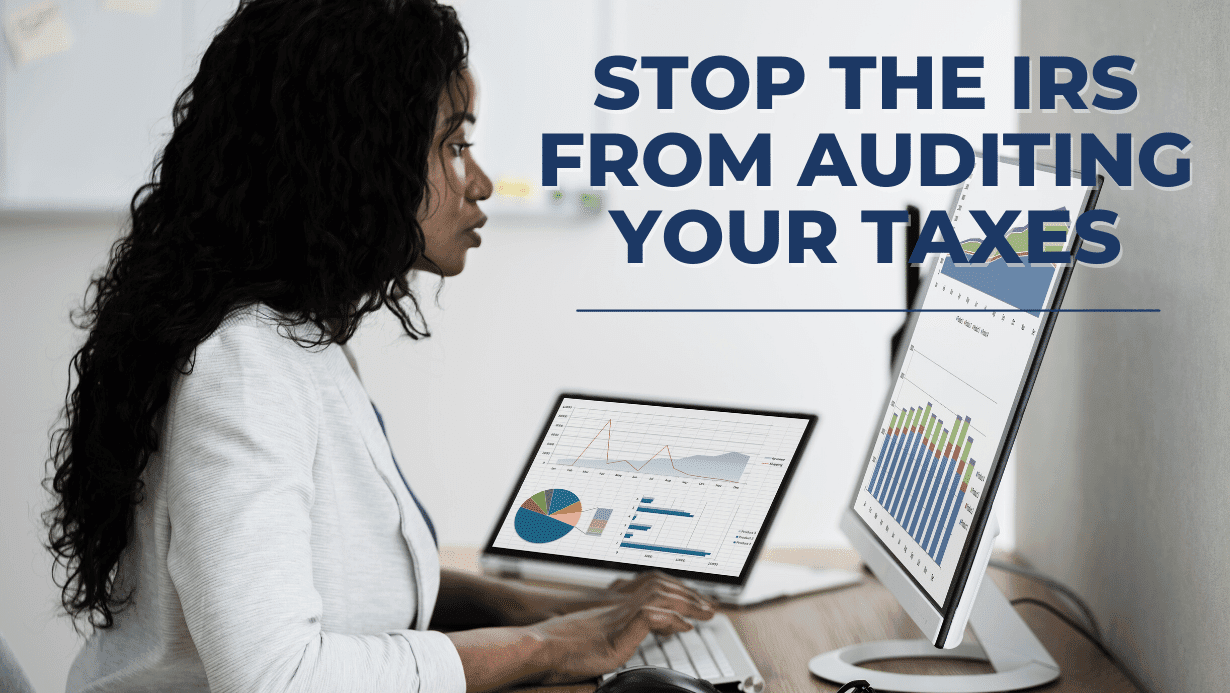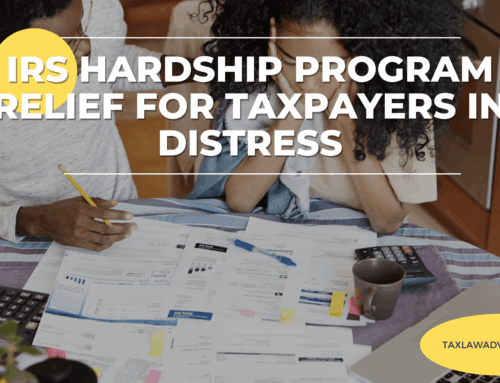The IRS is a fearsome adversary for most taxpayers. Even the smallest mistake can trigger an audit and lead to hefty penalties, not to mention the stress of dealing with IRS agents during what might already feel like a stressful time of year. Luckily, there are several steps you can take to reduce your risk of being audited.
If you’re worried about being audited, you’re not alone. An audit from the IRS is probably one of the worst nightmares a taxpayer can have because it could mean that the agency somehow suspects you have broken their rules.
Sound like something you wouldn’t want to happen to you? Here are a few helpful ways to avoid being audited for your taxes:
1. File your tax returns on time
Many taxpayers worry about being audited. The IRS requires that you file a tax return on time every year. If you don’t, the agency will send a notice to your home address. If you ignore the request, the IRS will not look kindly on your evasion and can charge you penalties.
If you are behind on filing, never fear. We have helped save our clients thousands of dollars in fines and penalties. We specialize in reducing tax debt and helping people catch up on unfiled returns.
2. Watch your industry averages and common expenses
The IRS has a set of rules they use to determine whether or not a person is reporting all of the income they received. One way that they do this is by closely watching industry averages and common expenses. This means that if a person works in an industry where it is common for most people to report a certain amount of income, they should report at least as much as the average amount.
3. Attach additional statements and comments
It is easy to add a statement that summarizes income and expenses. This can help both the IRS and person reporting with clarity around items. It’s easy to add these statements in the same format as used for the financial statement. It’s also helpful to add a statement about how the assets and liabilities are related, and to add any comments that clarify why certain amounts are listed on the financial statement.
4. Issue 1099s
1099s are one of the most important types of tax forms. As with all forms related to taxes, the most effective way to reduce the risk of being audited by the IRS is to ensure that all forms are filled out correctly.
The first step is with reporting. Report the right amount of income, make sure that you’re filing the right number of returns, and that you’ve issued the right number of 1099s. If there are any mistakes on your return, and you don’t take steps to fix them as soon as possible, then the IRS will notice them during an audit
5. Avoid round numbers
The IRS is very good at picking up on round numbers that are just a little too high to be realistic. For example, if you have $1,000 in interest income, you might think it’s reasonable to report a taxable income of $1,051. But this is a red flag for the IRS. You should instead report an income of $999 and pay tax on the last dollar of your interest income (you’re only taxed on the amount over $999).
6. Don’t inflate the home office deduction
If you’re considering claiming deductions for home offices, you need to be aware that the IRS has increased its scrutiny of taxpayers claiming deductions for home offices. They have released a position paper outlining how it will be more likely to challenge taxpayers who claim deductions for home offices.
7. Honesty is the best policy
It doesn’t matter how much money you make or how little. The IRS wants to know how much income you have and how much taxes you owe them. Being truthful and accurate is the best way to ensure you don’t get audited for tax fraud.
At Tax Law Advocates, we help individuals and businesses who owe $10,000 or more to the IRS. We can help you with everything from Tax Levies & Liens to Wage Garnishment to Asset Seizure and beyond.
We have a team of federally licensed & enrolled agents, tax attorneys, and accountants ready to solve issues at the federal and state level. We have over 13 years of experience and hundreds of reviews from people just like you. Contact us today to find out which tax relief program you qualify for.






